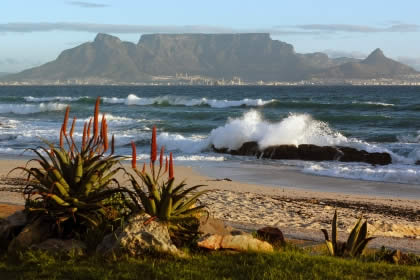If you’re tired of the tourist centers of Oceania, a visit to Papua New Guinea can prove exhilarating.
With virtually no tourism infrastructure, the country offers a truly authentic South Pacific experience. However, this wild and untamed allure means visitors should take a few extra safety precautions.
Before embarking on your journey, consider protecting yourself against some of the more serious diseases found in the country. Vaccinations for Hepatitis A and B and typhoid fever are recommended. If you are visiting the southern part of PNG, including Port Moresby, consider adding the vaccination for Japanese B encephalitis to your list of jabs.
While urban centers including Port Moresby, Lae, and Mt Hagen have a reputation for high levels of crime, you should not let that stop you experiencing all the country has to offer. Tourists are rarely victims, and using common sense should ensure you don’t fall prey to the country’s bandits, known as raskols. Visit heavily populated areas, as you are unlikely to encounter trouble with crowds around you. It’s also wise to downplay your wealth; keep cameras hidden away and flashy jewelry to a minimum. It’s smart to keep around K50 in your pocket to appease any would-be thieves. Stash the rest of your money discreetly away in a shoe or money belt.
Papua New Guinea’s mosquitoes generally prove to be more of a problem for travelers than bandits. While their bites and buzzing can be an annoyance, there is a more serious side to mosquitoes as they can spread malaria and Dengue fever. Cover yourself in insect repellent to minimize the chance of bites and illness.
Papua New Guinea has its fair share of land and sea nasties. Its home to a handful of dangerous snakes, including the death adder and taipan, although these reptiles will not attack unless provoked. Be careful when walking in areas with limited visibility, such as long grass or leaf covered ground, as you may startle these dangerous creatures. If you are bitten apply a compression bandage and stay still until medical help arrive. Major medical centers are well stocked with antivenins to deal with these emergencies.
It’s common to encounter leeches when hiking through Papua New Guinea’s jungle areas. While they are generally not dangerous, they can cause bleeding when removed. Insect repellent can help to ward them off, while insecticide can aid in their removal.
Crocodile attacks are uncommon, but you should heed local warnings to ensure you don’t become one of the rare victims. Jellyfishes should also be avoided when swimming, as their stings can be painful. Sea snakes and poisonous cone shells are also common in coral reefs, so keep your eyes peeled on diving expeditions.
All of these dangers can seem overwhelming, but by exercising caution travelers can stay safe and enjoy their Papua New Guinea vacation.
